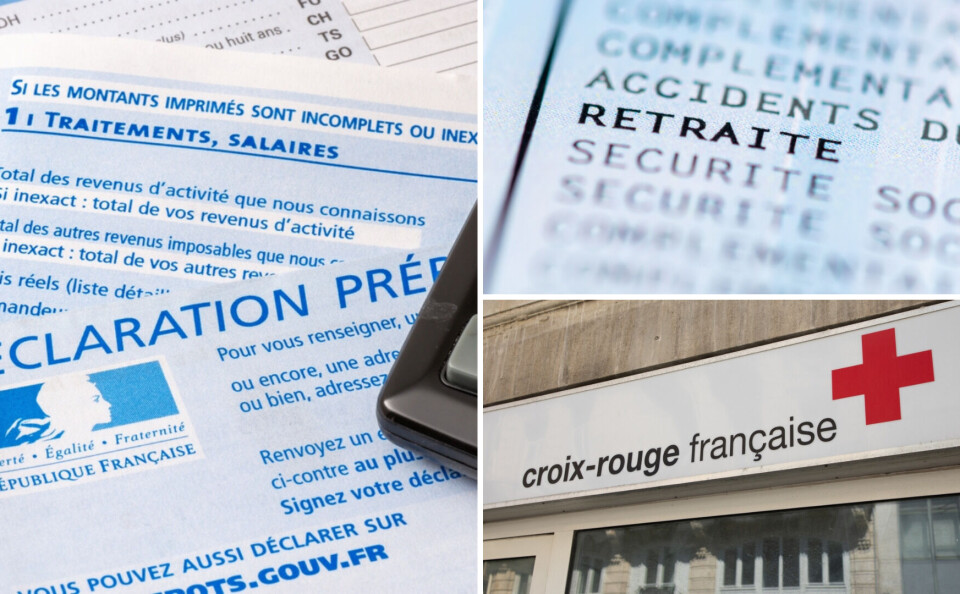-
Good news on tax for (some) over 65s in France
This relief also applies to some disabled people, whatever their age
-
Millions to receive tax office payment in France: are you eligible?
An advance instalment of tax credit money will be arriving in bank accounts next week
-
MPs propose further crackdown on short-term rentals on France
Changes to taxation, and more power for local authorities to regulate lets, are part of bill being debated in parliament
Three ways to reduce next year’s taxes in France - but act soon
You have until December 31 to take action to qualify for reductions and deductions on this year’s revenue

People looking to reduce their tax burden in 2024 have until December 31 to qualify for tax reductions and deductions. We look at three ways you can do this.
Spring 2024 income declarations look at your 2023 revenue from January 1 to December 31 and tax is levied on this if applicable. December 31 is thus the cut-off date to use any tax-reducing mechanisms that can impact the amount of tax you will pay on this income.
However, people should bear in mind that some of these solutions are long-term investments whereby the money is unavailable for several years.
What tax reductions and deductions are available?
Charity donations: Seasonal goodwill is not the only reason why 20% of all charitable donations happen in December: Donations can also grant the donor a 75% tax reduction for donations to recognised charities of up to €1,000 .
This means that for a total of €1,000 donated, you are entitled to a tax reduction of €750. So, if your tax is €1,500, you will only pay €750 after the €750 reduction.
Above the €1,000 threshold, the tax reduction falls to 66%.
A similar reduction is available for people subject to the property wealth tax Impôt sur la fortune immobilière (IFI), who can get a reduction equivalent to 75% of the total money they have donated, up to a maximum of €50,000.
Retirement savings: A Plan Epargne Retraite (PER) is a long-term savings account for retirement, and functions as a tax deduction.
However, the drawback of a PER is that money paid-in is not available until retirement, except for in exceptional circumstances, such as becoming disabled, or the loss of all unemployment benefits.
The level of the deduction it grants is proportional to your tax band.
For example, if you place €3,000 into your PER, and your tax band is 11%, €330 will be deducted from your revenue declaration. If your tax band is 45%, the deduction will be €1,350.
Investment opportunities: Certain state-approved investments grant tax reductions on condition that the money remains invested for five years.
- Sofica, Sociétés de financement de l’industrie cinématographique et de l’audiovisuel, or companies financing the audiovisual and cinema industries can grant immediate tax reductions of up to 48% or a maximum of €8,640 per household.
- DOM-TOM, or Départements d'outre-mer, Territoires d'outre-mer investments grant a tax reduction of up to 45.9%
- PME, petites et moyennes entreprises or small and medium sized companies that you invest in via a FPCI or (Fonds Professionnel de Capital investissement) grant a 25% tax reduction
- Wine and forest investment programmes with GFV (for wine) or GFI (for forests) grant a 25% reduction.
Note that despite the December 31 deadline you should take professional advice suited to your particular situation and not rush the decision to commit to any of these schemes.
Read more:
Do non residents pay home-country tax on French Livret A interest?
What changes for household budgets in December in France
























